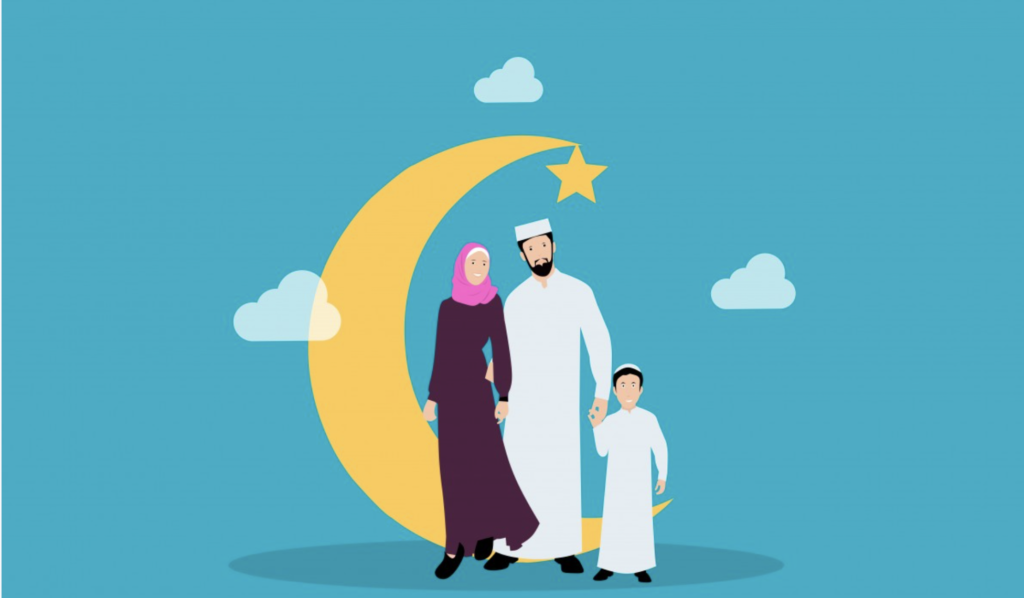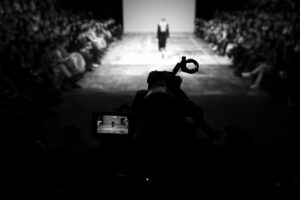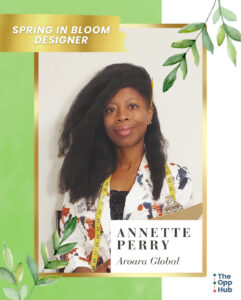
By Amanda Moses
The holy month of Ramadan began on March 22nd and will continue until April 20th—it’s one of the most significant Islamic religion’s holidays and is honored with fasting, prayer, and introspection. Ramadan represents the month when Muhammad received his initial revelations, which later became known as the Quran.
From dusk to dawn, Muslims do not eat, drink, smoke or participate in anything that may be deemed as unkind or impure. (Those who are sick, pregnant, the elderly or children are exempt from fasting.) Ramadan teaches self-restraint, self-awareness and reflection. They practice these selfless behaviors in order to feel empathy for those less fortunate. Those who celebrate Ramadan know that this holiday is about becoming a better person.
Did you know:
· On the first day of Ramadan, before dawn, the meal eaten is called “Suhoor.”
· When fasts are broken at dusk, the meals are called “Iftar,” which are usually celebrated with a group of family and friends.
· The Arabic word for fasting is “Sawm.”
· Ramadan is considered one of the five pillars of Islam: Testimony of Faith (Shahaadah or Kalima), Pray (Salat), Almsgiving (Zakat), Fasting (Sawm), and Pilgrimage (Hajj).
· The last day of Ramadan is known as Id al-Fitr (or Eid al-Fitr), which means the Feast of Fast-Breaking. This event concludes the celebration and lasts for three days of prayers, elaborate meals, and when gifts are exchanged.



